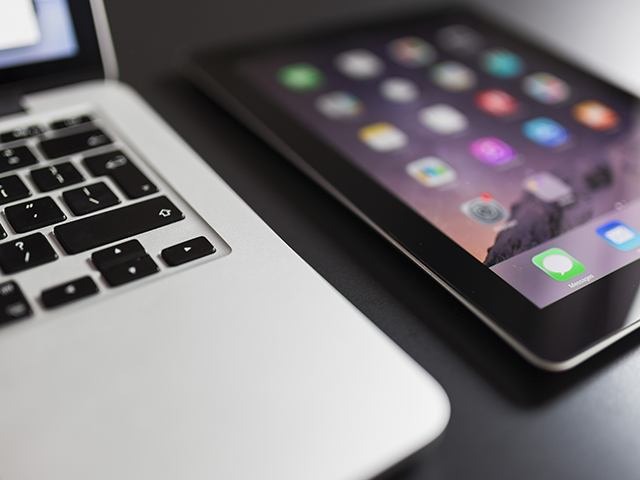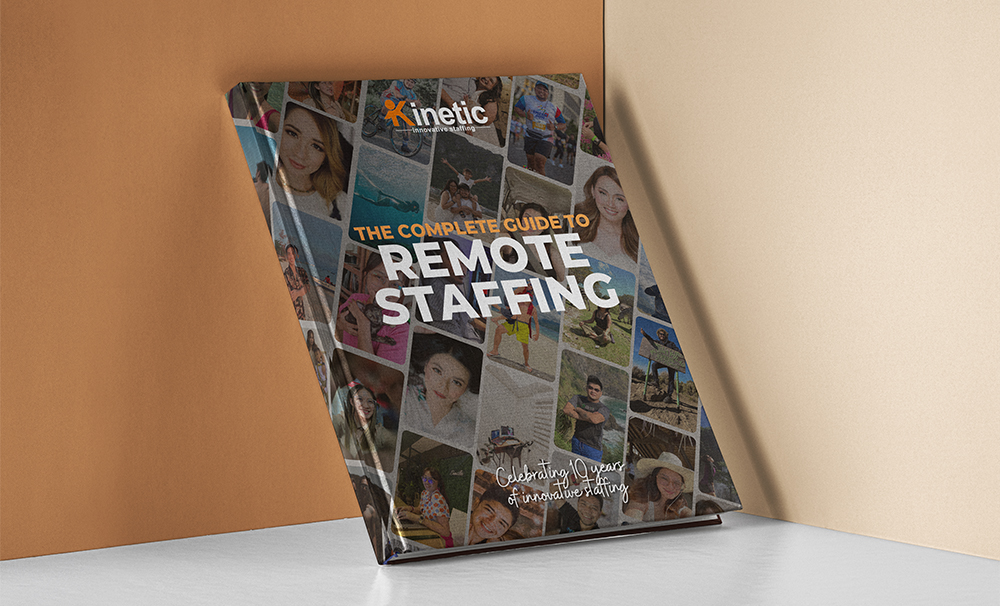Most of us were led to believe that young people, because of their perceived immaturity and recklessness, are not trustworthy when it comes to working independently and performing responsibilities on their own – that they need to be closely supervised and micro-managed.
Millennials, as what we call young people who just reached adulthood around the year 2000 (and within its decade), are the ones filling up the population and workforce today.
The thing is, with the proliferation of modern communication and information technology, such as the Internet and mobile smart phones, new methods of productivity and employment have come up.
The idea of remote work, home-based job, or working outside of the normal office setting is not just within our reach, but it is already a reality being practiced by many companies, both start-ups and big businesses alike.
The question to ask here now is, given the perceived personality trait of millennials, can they be trusted with the perky yet responsibility-ridden privilege of remote work. Let me cut to the chase, remote working is a skill in itself and it requires discipline to master it.
But should this fact prompt managers and employers to refrain from allowing millennials to work remotely? “No, they should not refrain from allowing young workers to do remote work.”
My answer may have come to you as a surprise, but young people who belong to this generation are not necessarily lacking in discipline and focus. As with any other skill, remote work can be taught and learned.
As a matter of fact, the general traits common to millennials may be utilized to bring out the most productive aspect of their personalities through remote work.
Remote Work Enables Them to Re-Channel Their Focus
College students are used to working on papers, writing essays, and studying for exams. Most of the time, they accomplish these alone and just by themselves during their personal study time.
Once they graduate and come into the world of work and office life, some of them may forget the discipline of working alone in their study room, as they totally embrace working 8 hours a day in the company of people sitting side-by-side with each other – not to forget the occasional chitchat and regular team meetings with talkative colleagues.

Remote work will reinstate the creativity and focus while working without the presence of garrulous distractions. Millennials are known to be the “creative” generation; they are good in emitting out-ofthe-box ideas leading to superb yet realistic applications.
The thing is, they are easily distracted by small talk and gabfest activities. Releasing them from such cage of distractions will also release the power of their creative brains to come up with fresh ideas, achieve better results, and accomplish healthier work outputs, while providing them the advantage of increased personal space and work-life balance.
Remote Work Allows Them to Value More the Meaning of Trust
It is the usual talk among elders and senior professionals, that to bring out the potential and best results from the young working class, is to provide them with appropriate supervision and face-to-face guidance.
Let’s face it: although guidance from a wise person is an effort accepted by most of us, no one among us will lovingly embrace micro-management. This is true whether you are a millennial or a senior professional.

Allowing young workers to think independently and perform their job sounds too risky to the traditional manager. They feel that the young worker will just waste time not accomplishing anything. It is time for such a manager to get out of the shell.
It is time to inculcate the value of trust, responsibility, and managing one’s own time to young employees. Creativity and self-reliance are characteristics already inherent among our young generation of professionals.
More often than not, when they are given freedom, they have the propensity to think for themselves, come up with excellent ideas, improve their performance, and accomplish tasks with outstanding results.
Remote Work Seeds Purpose and Soul into Their Tech-Savviness
We do not want to stereo-type, but let’s admit that the more senior a person is, the harder is for him/her to adapt to modern technology. Tech-savviness – this is where young people have a monopoly of advantage and privilege; they were born and raised in an era when gadgets abound, when an action becomes automatic by a push of a button.
The nature of remote work is not bereft of tools and technology. If there is one method of working in which it cannot function properly without Internet, sophisticated apps, and communication technology, it is remote working.

When it comes to the ease of use of such work tools, what generation is better adept than the millennials themselves. Their tech-savvy talent are put to productive and purposeful meaning if they do remote working.
As a conclusion, we go back to the idea that remote work is a skill that requires discipline and continuous learning. With that said, anyone who is capable to master himself/herself through the art of discipline and who is always willing to learn and re-learn (both new and old) skills can be a remote worker – whether you belong to the younger generation or to the contemporaries of senior professionals.




